After one student on first-year Joey Fisk’s floor in Norris Hall tested positive for COVID-19, none of his direct neighbors were notified by SHAW to isolate until hours later. By the end of the night, half the floor had been ordered to self-isolate or to move to quarantine housing. The other half, however, was never notified of the risk and only learned about what occurred through a group chat.
“We have a right to know if someone is positive or is exposed,” said Fisk.
Fisk isn’t the only one who is concerned. First-year Grinnell students who spoke with The S&B are already regretting living on-campus for Spring Term 1, just two weeks after arriving, due to perceived safety concerns stemming from inconsistent communication from the College regarding proper COVID-19 protocol.
Fisk said that he knew the risks of contracting COVID-19 when deciding to come to Grinnell but that he was shocked by what he viewed as unclear and mishandled messaging from the Grinnell administration. Within the first two days of his arrival, he said he’d experienced multiple instances of conflicting communications from the College on COVID safety.
He said his Residential Life Coordinator (RLC) told him that face shields were not required in dorms, but then he and his floormates were apprehended by a second RLC for not wearing face shields.
We have a right to know if someone is positive or is exposed. – Joey Fisk
Similarly, Fisk reported being told that students could enter other residence halls, which was then contradicted by a different staff member, and that Student Health and Wellness (SHAW) sent conflicting emails to him and his floormates about whether a negative COVID test from the “mass” self-administered testing pilot on Jan. 29 counted as an “official” test result. (Two negative tests are required for students to leave campus and enter the city of Grinnell.)
Ashley Pacheco ’24 lives a few doors down from Fisk. She said that, after learning that a person on her floor had tested positive for COVID-19, she contacted Dining Services to request meals be delivered to her dorm because she didn’t want to put other students at risk by going to the Dining Hall herself, even though she hadn’t been ordered by SHAW to self-isolate.
Later, she received an email from Jeanette Moser, Director of Dining Services, that unless a student had been contacted by SHAW, students must get their to-go meals themselves, and no “‘opt-in’ quarantines” would be accommodated.
Heather Cox, Director of Emergency Management and Risk Mitigation, wrote in an email to The S&B that perceived lack of clarity regarding COVID-19 protocol was not unexpected, particularly with so many different communication streams.
“We know that email doesn’t always reach every stakeholder,” she wrote, “so we try to utilize the website and other channels as well, but there will always be gaps as not everyone embraces technology in the same ways.”
Cox also said that SHAW’s expectation for pilot tests was that they could serve as a second test only if students had received their first test on or before Jan. 26, though this distinction was not made clear to students.
Fisk says he recognizes that rules and regulations change with each new circumstance, but that the ever-changing rules made him less confident in the College’s ability to protect students from the spread of COVID-19.
“It’s very upsetting to be forced to believe that they’re telling you the truth – but knowing instead that they’re probably going to change that truth later on,” Fisk said.
Ultimately, Fisk’s goal is to be able to be proactive about keeping himself and other students safe from the spread of COVID-19. Being aware of possible exposure is key, he said.
Pacheco and Fisk said they understand that the College can’t always accommodate every request, but that they both felt frustrated because they felt like they couldn’t keep their commitment to community safety without the tools to self-isolate, like meal delivery.
Lexi Hankenson ’24, on the same floor as Pacheco and Fisk, said the College’s expectations regarding how COVID-19 would be handled on a higher-density campus in S1, as well as her own expectations for her on-campus term, appear to have been naïve in contrast to what she has seen as far as consistency and timeliness of safety-critical messaging goes.
It’s very upsetting to be forced to believe that they’re telling you the truth – but knowing instead that they’re probably going to change that truth later on. – Joey Fisk ’24
Hankenson said that if she’d known there would be a lack of communication from the College administration, her decision to come to campus might have changed.
“If I’m not aware of people testing positive as it’s happening, my floor possibly being infected as it’s happening … I think it genuinely would’ve informed my decision to come on campus differently,” she said.
Hankenson’s RLC, Abby Meert, told her in an email that if she’d felt she’d been exposed to COVID-19, she could contact SHAW and they’d discuss the possibility of isolation, but Hankenson said that it’s very difficult to even know of her own exposure when she’s not being notified of students living close to her who have tested positive or been ordered to isolate.
Pacheco also said that her confidence regarding public safety at Grinnell would’ve been entirely different had she known about the inconsistent administrative communication. “A lot of my expectations are just down the drain.”
Other first-years are more steadfast in their regret in coming to campus. Conor Martin ’24, who drove five days from Berkeley, Calif. to spend Spring 1 at Grinnell, said he felt so frustrated by unclear COVID protocols from the administration that the long drive just wasn’t worth it.
“I would not have come here,” said Martin. “The general stress that I am being put under right at the start of the term because of this . . . it’s too much to handle.”
Edit 2/7/2021: An earlier version of this story incorrectly indicated that Fisk’s RLC told him face shields were not necessary in an email, rather than a verbal discussion.
Edit 2/7/2021: An earlier version of this article incorrectly implied that there was more than one confirmed case of COVID-19 on Pacheco’s floor.




























































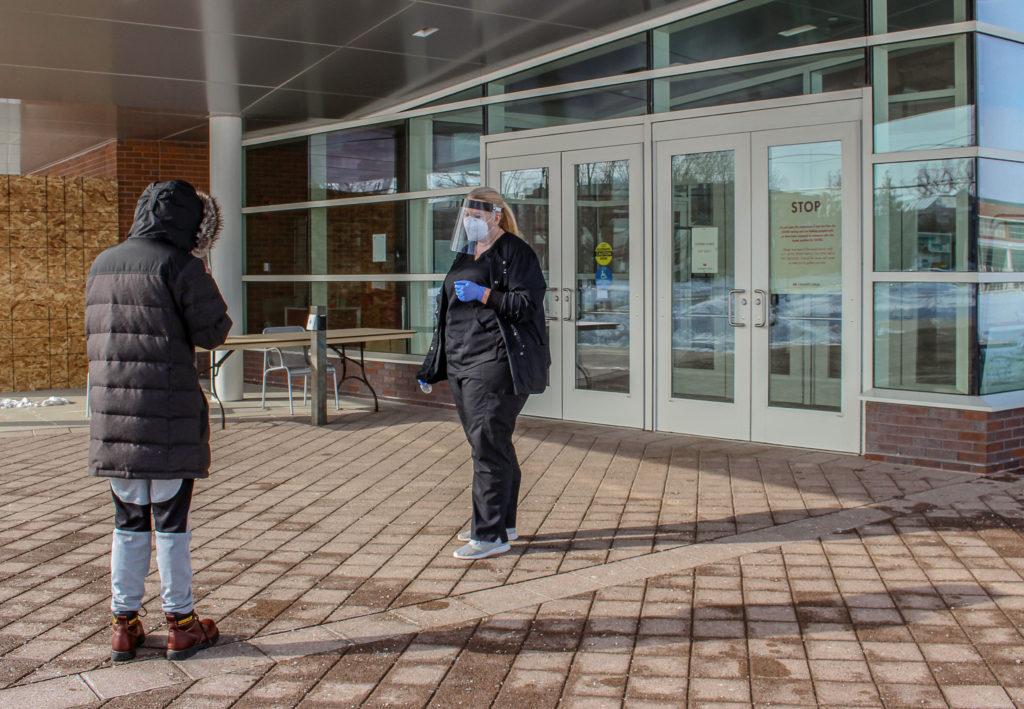






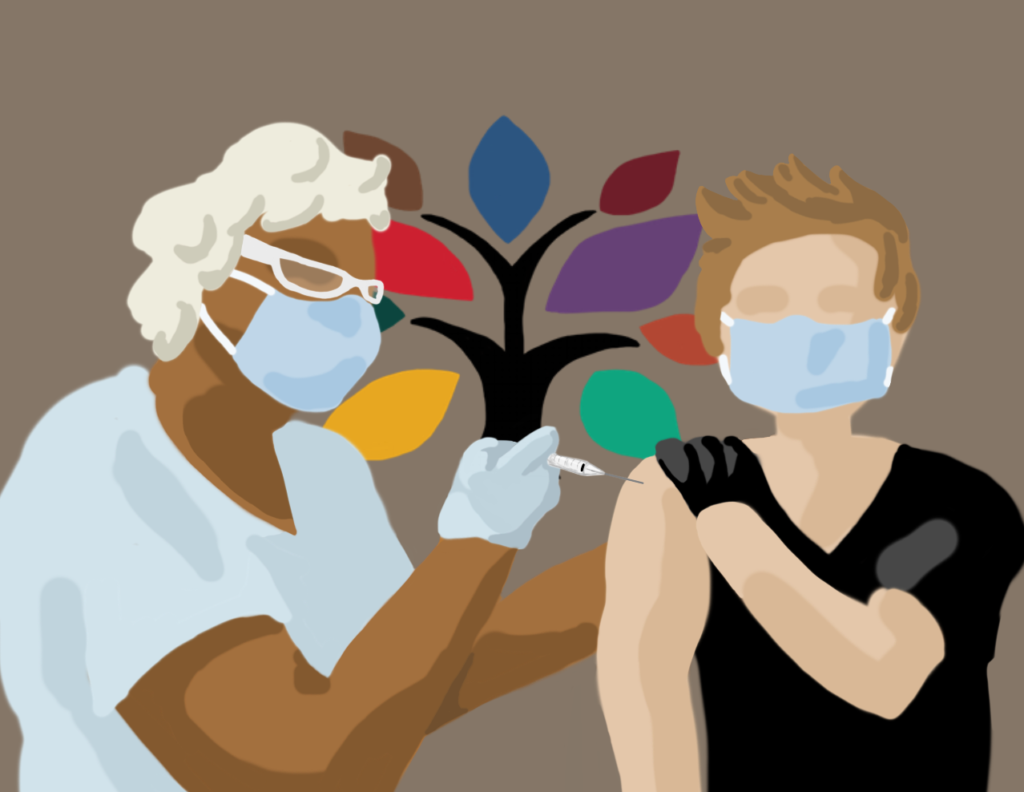
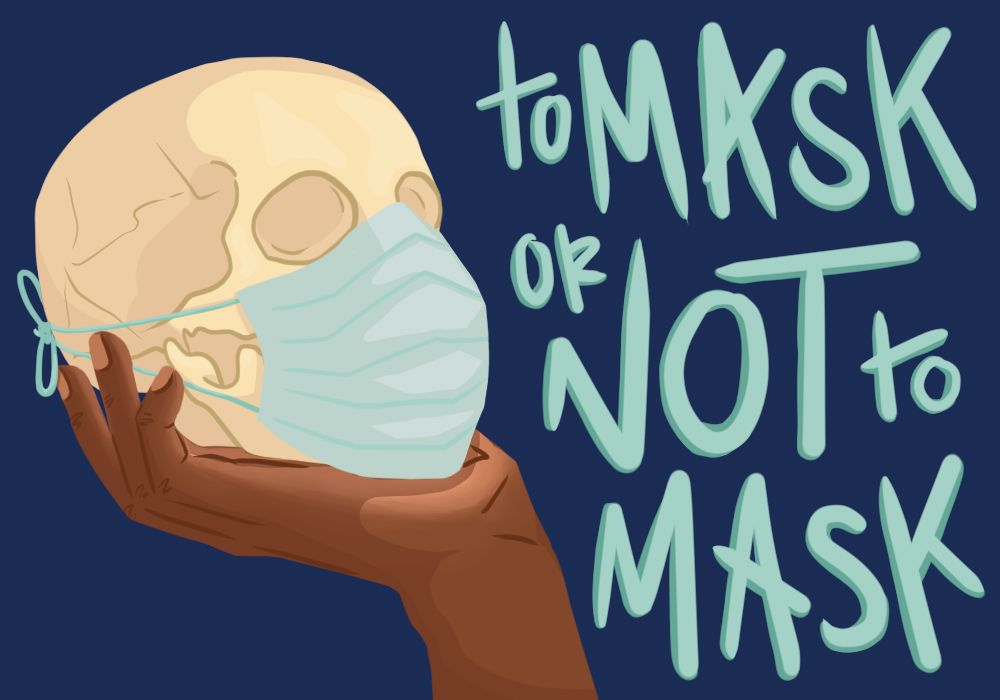

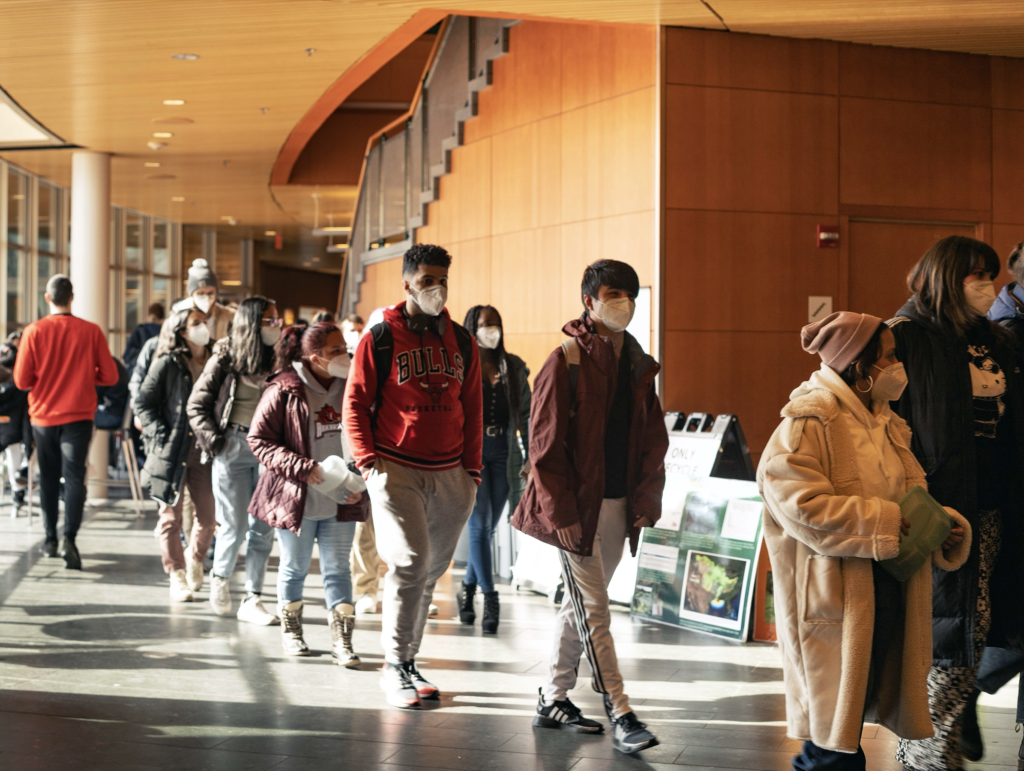
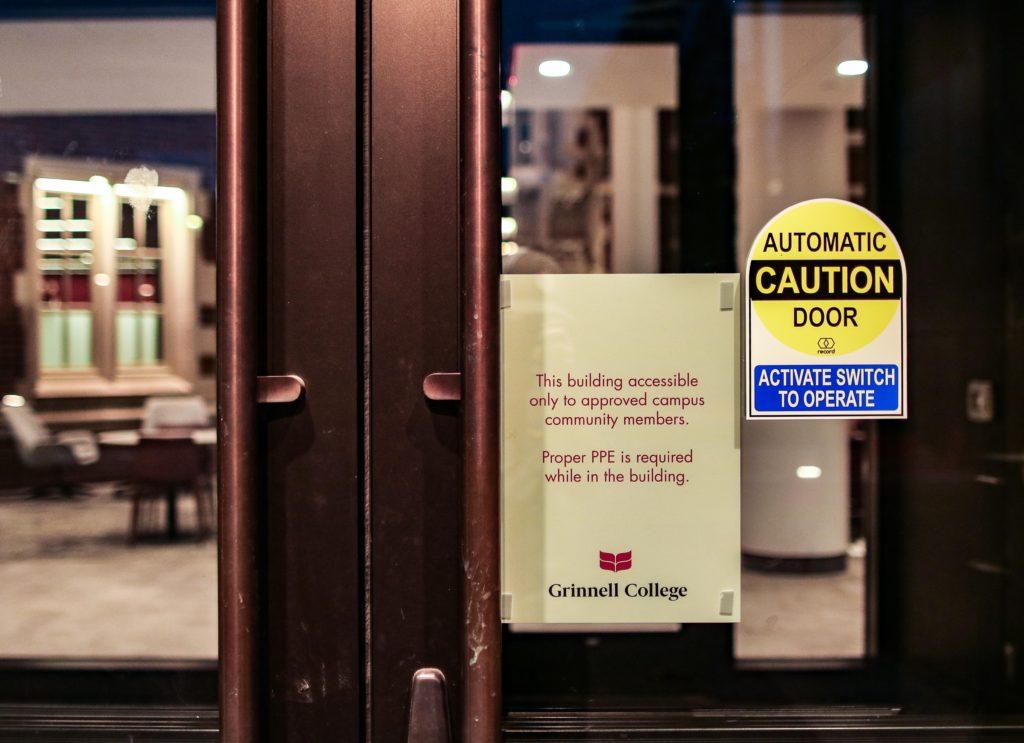
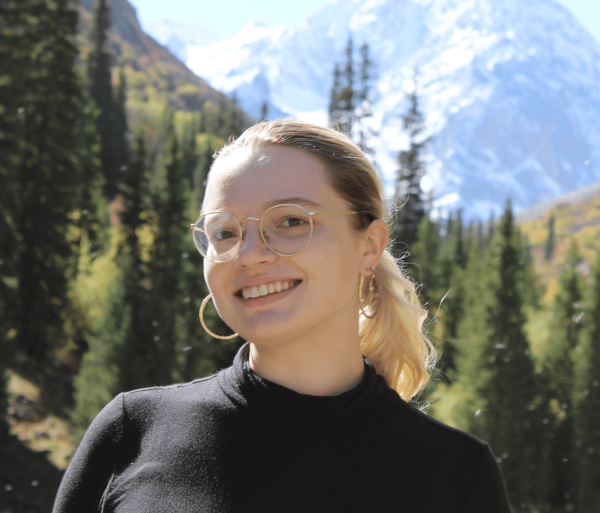
Nora Leahy • Feb 6, 2021 at 3:26 pm
I freaking love this article! Thank you Nina!